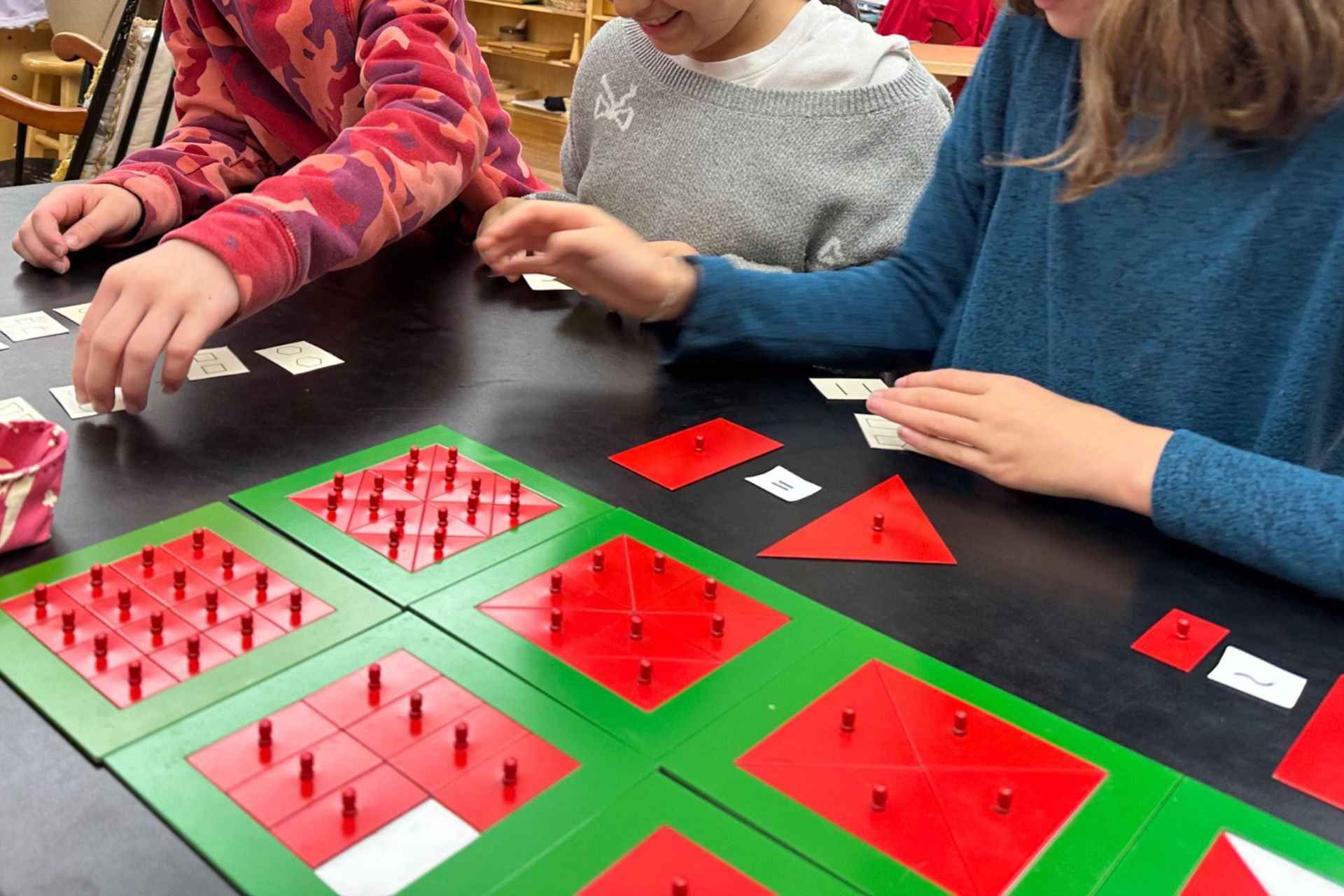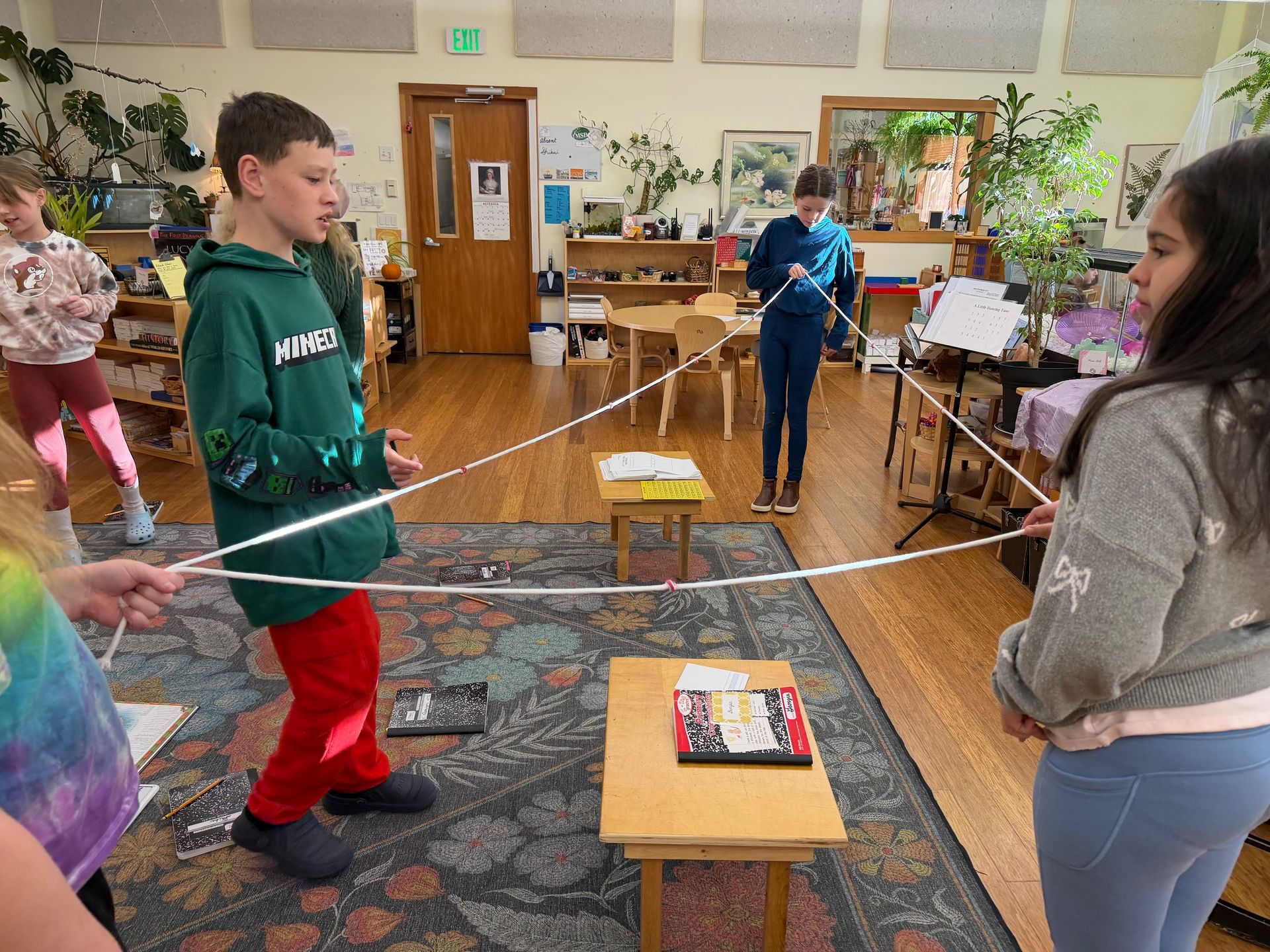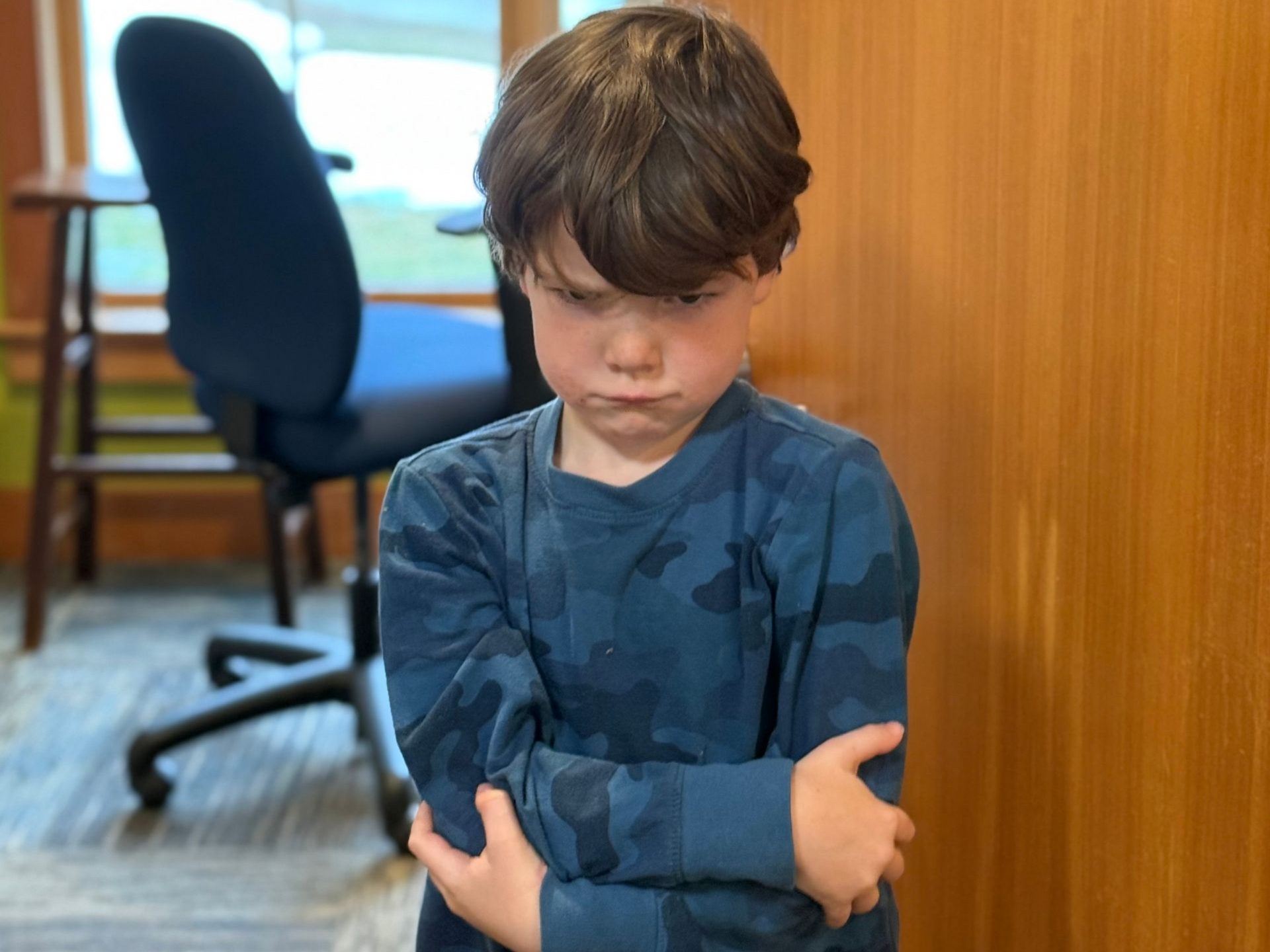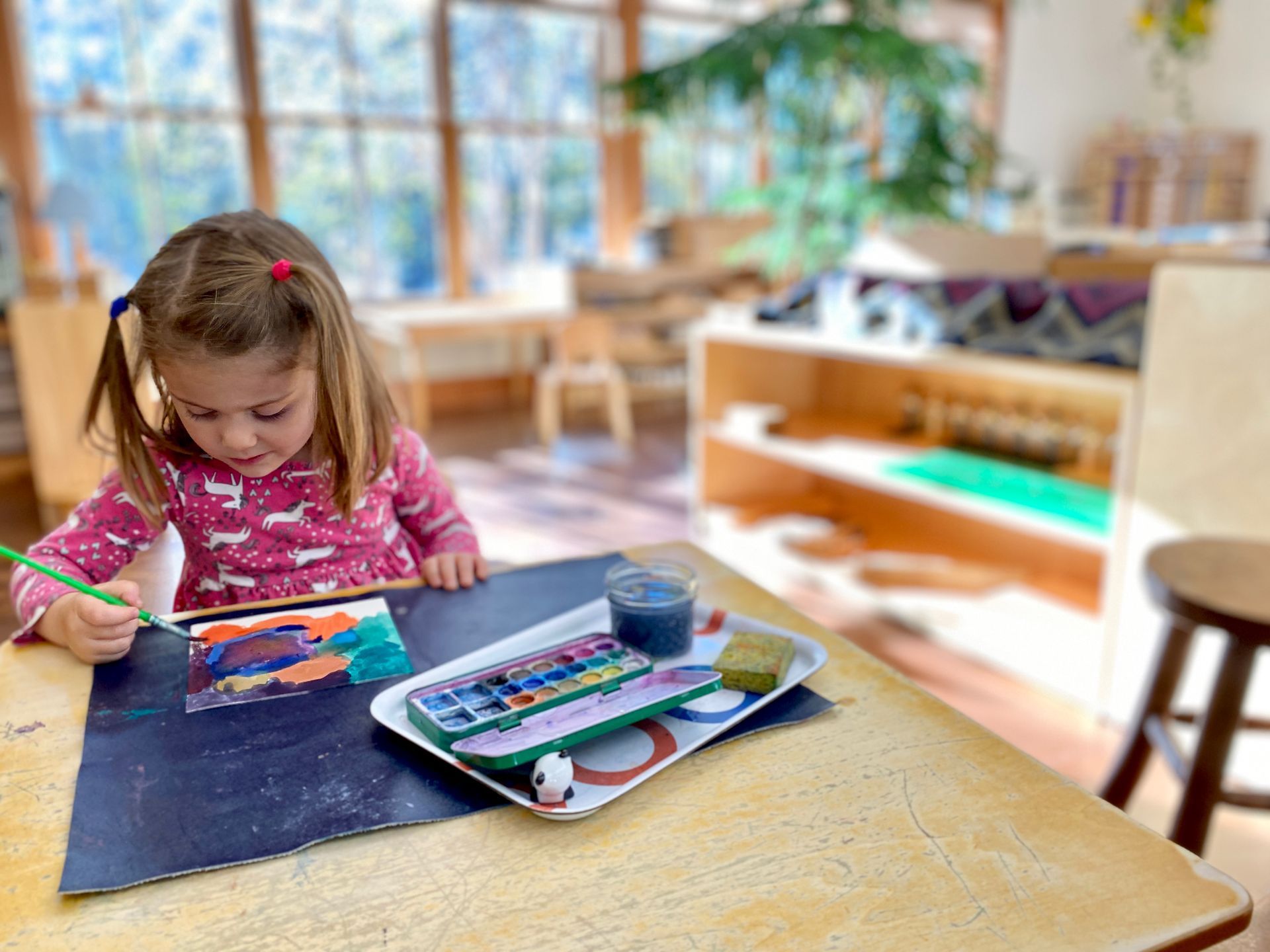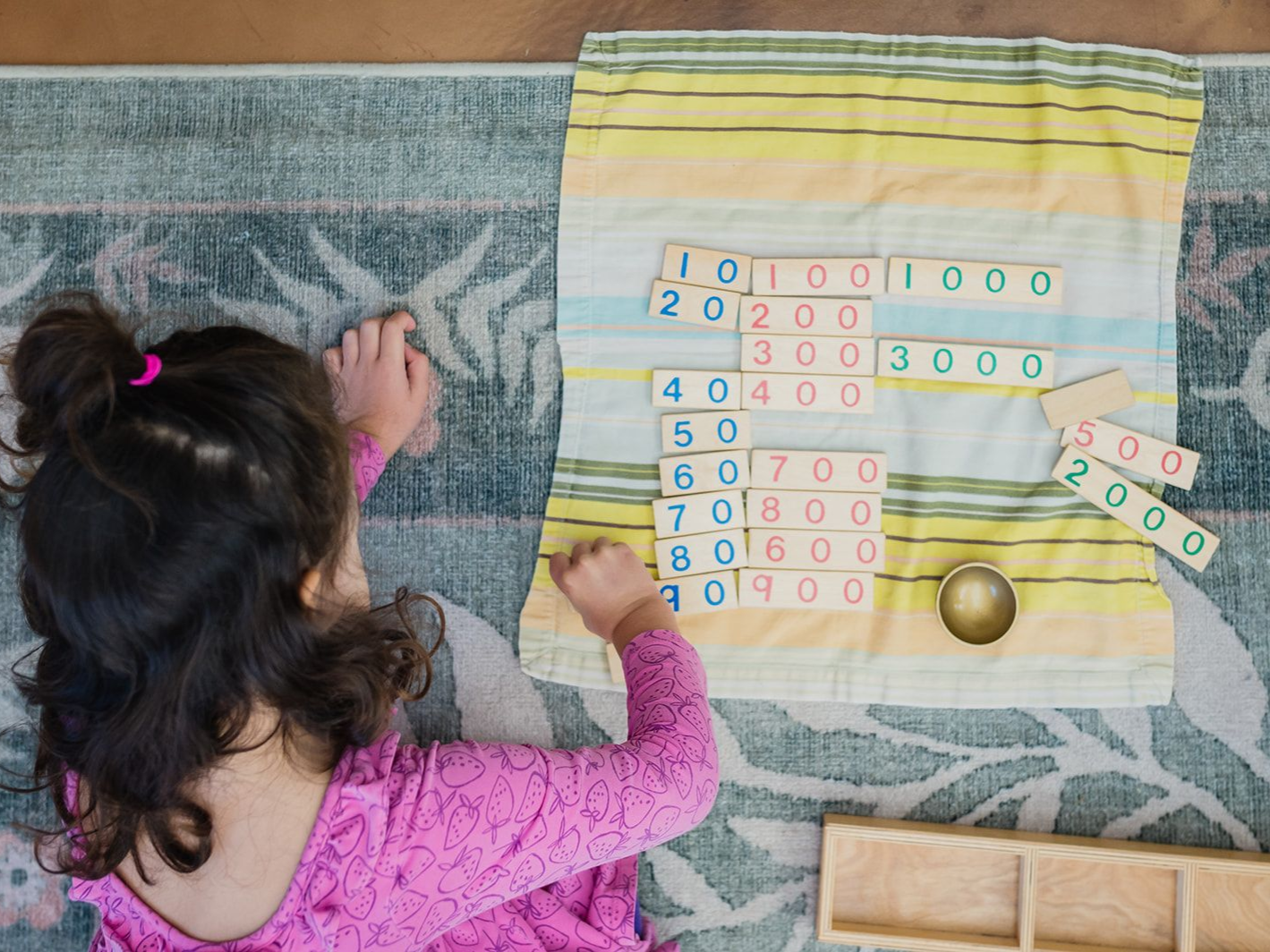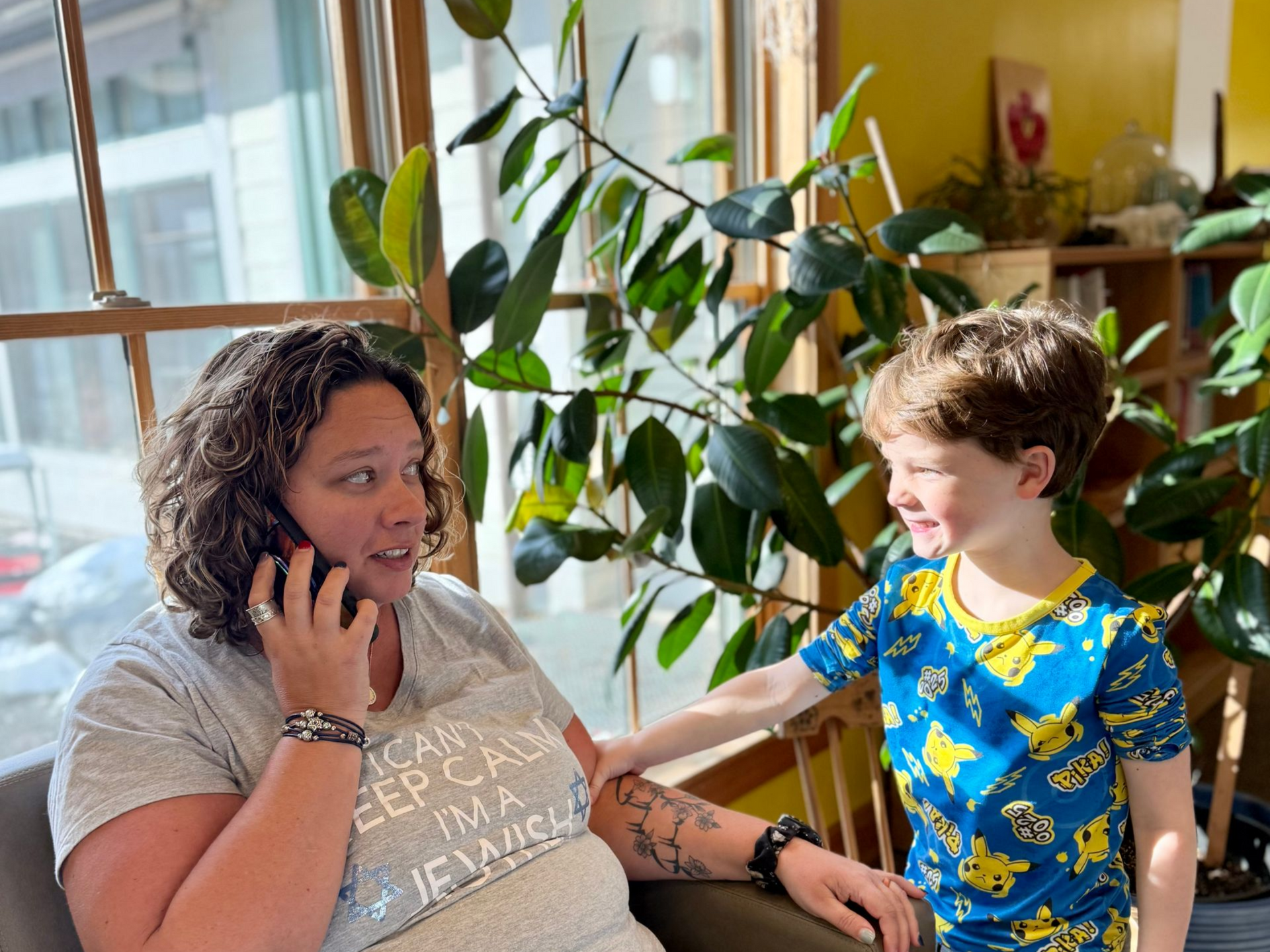Montessori vs. Daycare: 5 Key Differences
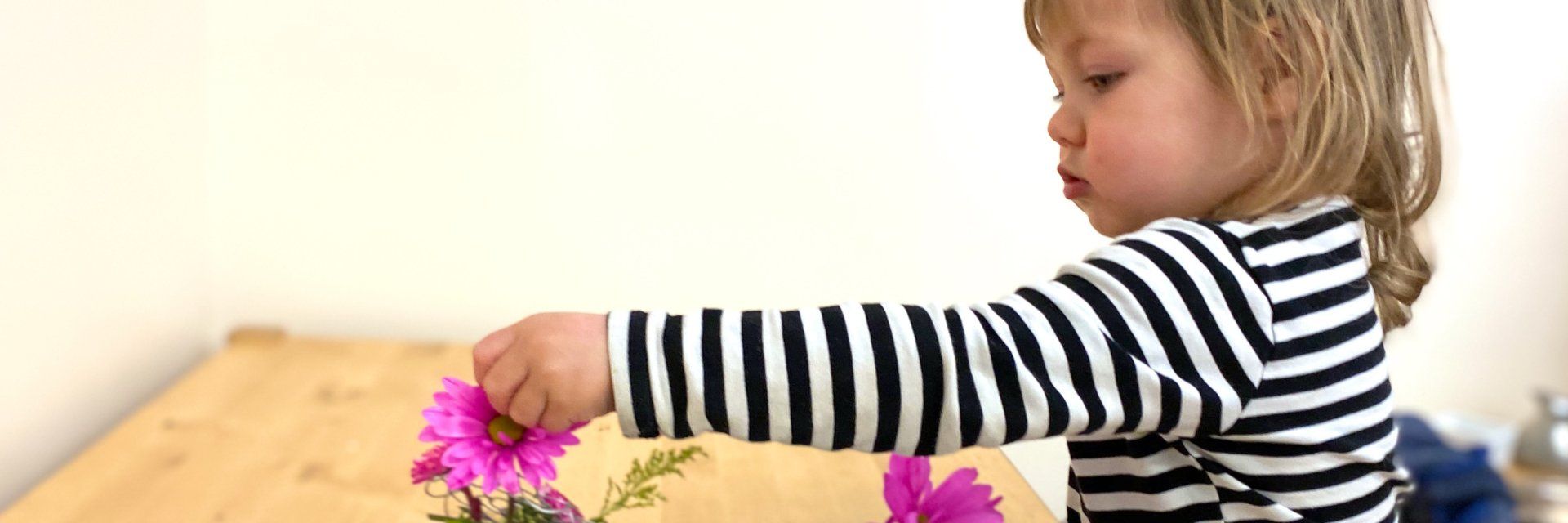
Many families rely on childcare while their children are still young. Figuring out the best place to drop your little one off every day is a big decision. Parents want to ensure their child spends their days safe, comfortable, and happy, and under the watchful eye of well-trained and competent adults.
Daycare is the obvious choice for many folks…that is, until they become aware of other options.
If you’re reading this article, it’s likely you are one of those parents who is trying to figure out the best possible placement for your child. Allow us to highlight five key differences between a typical daycare center and a Montessori school.
An Emphasis on Education
Montessori goes beyond the reaches of a typical daycare facility. While daycares focus on watching and caring for children, Montessori schools do this and more by creating an environment focused on children’s learning.
We believe education starts at birth. Children’s days should be filled with play, as that is how they learn, and we also create space for them to play in ways that enrich their development.
We don’t fill our classroom with whatever toys look fun. We actually carefully prepare an environment with materials that have been developed after careful scientific observation and used for over 100 successful years. These materials are still games and toys from the perspective of the child, but from a learning perspective the activities tend to have much different effects.
A Natural Environment
Most daycare environments are filled with bright colors, plastic toys, and maybe even a cartoon character or two.
Montessori environments eschew any type of commercialism or characters. They utilize natural materials like wood, plant fibers, and even glass. Natural tones are favored over bright and loud colors, and soft and natural lighting is evident.
Montessori classrooms intentionally bring the natural world inside, with plants, found objects, and pets. Children are directly involved with the care of living things in the classroom.
Daycares may have bright posters on the wall, whereas Montessori environments favor a minimalist approach and examples of art displayed at the level of the child’s viewpoint.
Specially-Trained Guides
The training of a Montessori guide goes far beyond the training of a typical daycare worker. To care for young children, both must meet certain requirements such as first aid training, passing a background check, and some knowledge of working with children.
Montessori guides, however, continue far beyond the basics. Most have college degrees, with many obtaining advanced degrees. They have completed rigorous Montessori credential training, which includes comprehensive instruction on child development, intensive lessons to help them present Montessori materials correctly, work in Montessori philosophy, and so much more.
While you explore your options, we encourage you to ask your local daycare facility about their teacher training requirements and compare them to Montessori requirements.
The Sense of Community
When your child is enrolled at a Montessori school, it’s so much more than a place to drop them off each morning. The whole family is welcomed as a part of the school community, and special events and traditions work to solidify this sense of community.
Montessori parents are often eager to connect with one another. We all seem to have a sense that a strong community contributes greatly to the wellbeing of our children. It’s helpful to have other parents with whom to ask questions, hear about experiences, and even socialize.
Montessori schools are also unique in that we welcome guests into the classroom or at our observation windows. In fact, we encourage regular observation. The children are used to adults sitting quietly in a corner of the room, so the practice is unobtrusive, and really gives adults a clear picture of the type of work we do. Many parents walk away from observations in awe of the engagement of the children and the depth of the work/play they show.
Development of Practical Life Skills
We believe that learning is so much more than academics, which is why Montessori environments intentionally include practical life lessons. Practical life learning is incredibly appealing to young children as well, as they look to adults in their lives and want to emulate the work they see them doing. Some of the types of skills they develop in our environments include:
- Toilet learning (for infants and toddlers)
- Food preparation
- Care of the environment (cleaning skills)
- Plant and pet care
- Fastening various types of clothing
- Tying and lacing
- Care of self (washing, brushing, etc.)
- Grace and courtesy lessons: interacting appropriately and politely with others
We hope this article has been helpful and informative. To learn more, we encourage you to visit various types of settings in person and ask to observe in the different classrooms. Not only will you notice stark differences, we think you’ll find yourself impressed with the scope of skills covered in a Montessori class (as well as the absolute joy of the children who you see there).
Please reach out to us if you have any questions or would like to schedule a visit.. We would love to meet you and your child.




